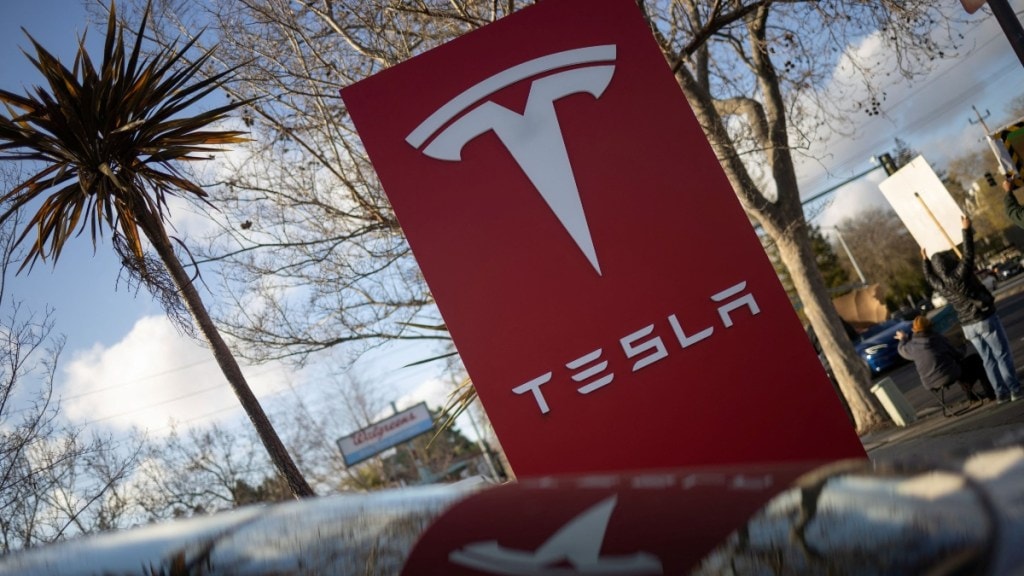Tesla’s sales in Europe have taken a deep plunge, in what comes as worrying signs for the American carmaker in less than two months after US President Donald Trump took office. In February 2025, Tesla sales dropped by 24% in the Netherlands, 42% in Sweden, 48% in both Norway and Denmark, 45% in France, 55% in Italy, 10% in Spain and 53% in Portugal.
However, it was Germany where Tesla’s sales took a nosedive coming down by a massive 76%. The EV automaker’s sales declined two months in a row in Germany which is said to be Tesla’s largest market in Europe.
Tesla losing ground in Germany?
According to Germany’s road traffic agency, Tesla sold 1,429 cars in Germany, a decline of 76%, an even bigger decline than the 60% drop in January. The more alarming fact is that overall, sales of EVs during the same period rose by 30.8% to 35,949 units.
Certain industry experts believe it is Tesla CEO’s closeness with the US President which may have led to this downfall. Musk’s support of far-right parties in Europe, including for Germany’s AfD that came second in last month’s national elections, appears to have hurt Tesla’s sales on the continent, which were down 45% in January from a year earlier. It is worth noting that Germany also witnessed a change in regime.
Friedrich Merz-led Christian Democrats, which came on top in the recent German elections, is considered to a liberal party that opposes the far right ideologies of Alternative for Germany (AfD). It seems the political flavour in Germany is resonating with the choice of EVs the people opt for. Sales in following months will clear if the change in political scenario has had an effect on Tesla’s image in Germany.
However, it’s not all downhill for Tesla and other EV manufacturers in Europe. Industry data revealed that new car sales in Britain declined by 1% in February, despite increasing demand for electric vehicles, which now make up one in four new cars sold. Chinese automakers continued to expand their presence in the UK, with newcomer Chery selling 1,244 vehicles, surpassing BYD’s 1,177 units.
With inputs from Reuters
